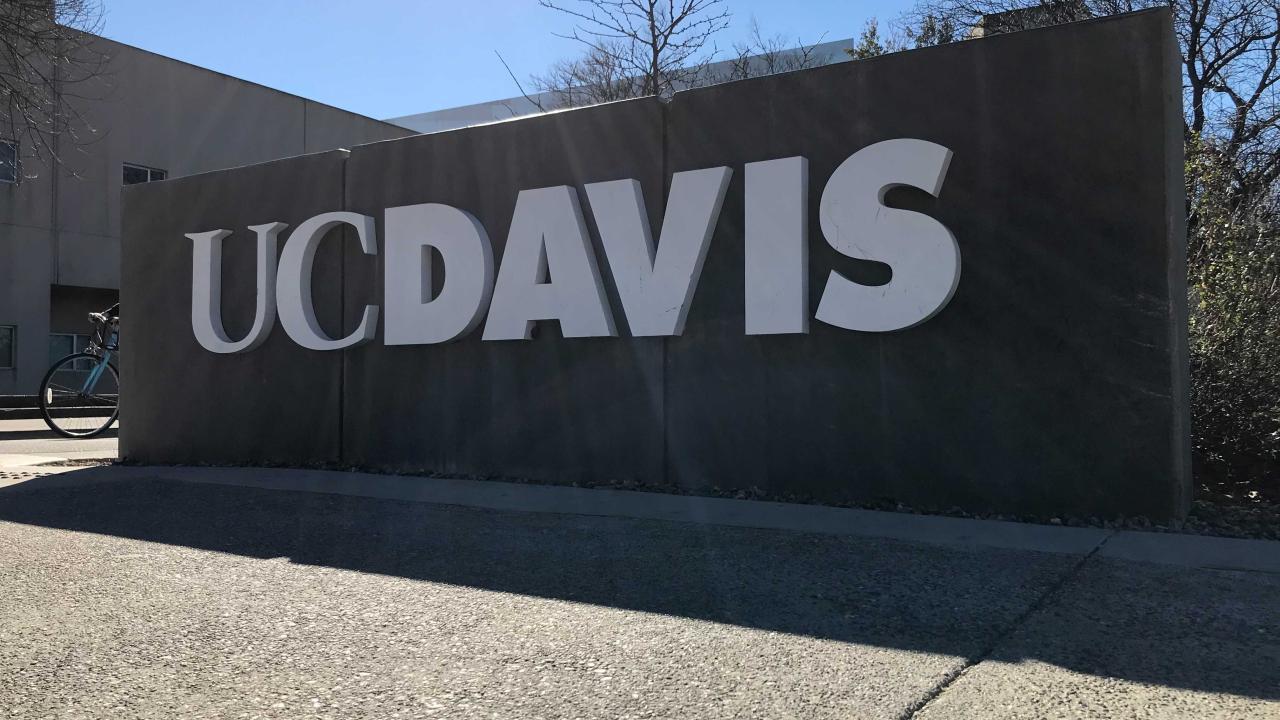
#10 Reflections on Progress: 50 Years Within One Family and Across Academia
Blog Post by Katherine Simpson-Johnson, MSc student | February 2022
I entered grad school in the fall of 2020 as a part of, what my peers and I affectionately refer to as “the covid cohort.” Perhaps we accepted this moniker as it distinguished us from all the previous and following cohorts by emphasizing the isolation, the lack of direction, and the chaos we all experienced when beginning our careers; perhaps that’s just grad school. From the small box of a zoom screen, I began my virtual journey into soil science and sustainable agriculture. I was entirely new to soil sciences, but I’d spent my summer getting acquainted with the existing research on mycorrhizal fungi and agricultural systems.
I came to grad school, as I am sure many do, with preconceived notions of learning about capital “S” science and the right way to talk about and to do my research. What I was unaware of was that I was entering into a system that was attempting to reckon with its history as deliberately exclusionary and harmful. This completely changed my initial perceptions of academia and changed the conversations I was having. Instead of attending seminars solely concerned with the fundamentals of soils, I was having discussions about the impact of our current academic recruitment paradigms on underrepresented groups. At lab meetings, I was learning an entirely new language to describe the past harms done to indigenous peoples in the name of science. I came to understand that outreach would need to be a cornerstone to my research.
50 years prior to the beginning of my master’s program at UC – Davis, my father began his PhD at the University of Washington in Seattle. He found his start in the Stadler Genetics lab and began his research on Neurospora. The field of genetics was unique for the sciences of 1970. It was a burgeoning field, and he was eager to do something new and leave his mark. As well, due to the earlier contributions of several prominent female researchers, the male to female ratio was roughly even.
This was his experience of academia: it was a space for objectively approaching the questions of the day. The idea of inclusivity and encouraging diversity was not an objective question and, therefore, was not on his radar, for better or for worse. His perception of diversity initiatives remain stuck in this era, believing that institutional policies like affirmative action are among our best chances to ensure diversity.
Affirmative action was meant to answer the lack of representation at the time of recruitment. The thought was that diversity would inherently trickle through the system from there. As we now know, this logic was flawed. We continue to see a lack of representation across universities from faculty to staff to post-docs to graduate students to undergrads. Recruiting underrepresented groups in higher education does nothing to address the inequities they face once they are there. Institutional policies cannot guarantee that past harms from universities and from the scientific community won’t be perpetuated.
Now a year and a half at Davis, I’ve had the honor to continue my education in diversity and inclusivity and to sit on committees convened to try to institutionalize equity. The change has felt slow to come, but I also draw optimism by being surrounded by like minded grad students and faculty members who genuinely hope for something better.
Frequently, I sit down with my dad, and we talk about our opinions surrounding these topics. Sometimes we see eye-to-eye, sometimes I leave feeling frustrated at his perceived closed-mindedness. What I am grateful for is that we can at least talk. As he finishes his 52-year long career and his last year as a faculty member at the University of Colorado, I will be wrapping up my Master’s thesis and continuing my career in a doctorate program. In addition to the direct impacts he had on his field through years of research, I hope to be a version of his legacy: a kind of contribution to the fund of science and to the efforts of furthering equity and inclusion that might not have resounded so deeply with previous eras of scientists like him.
